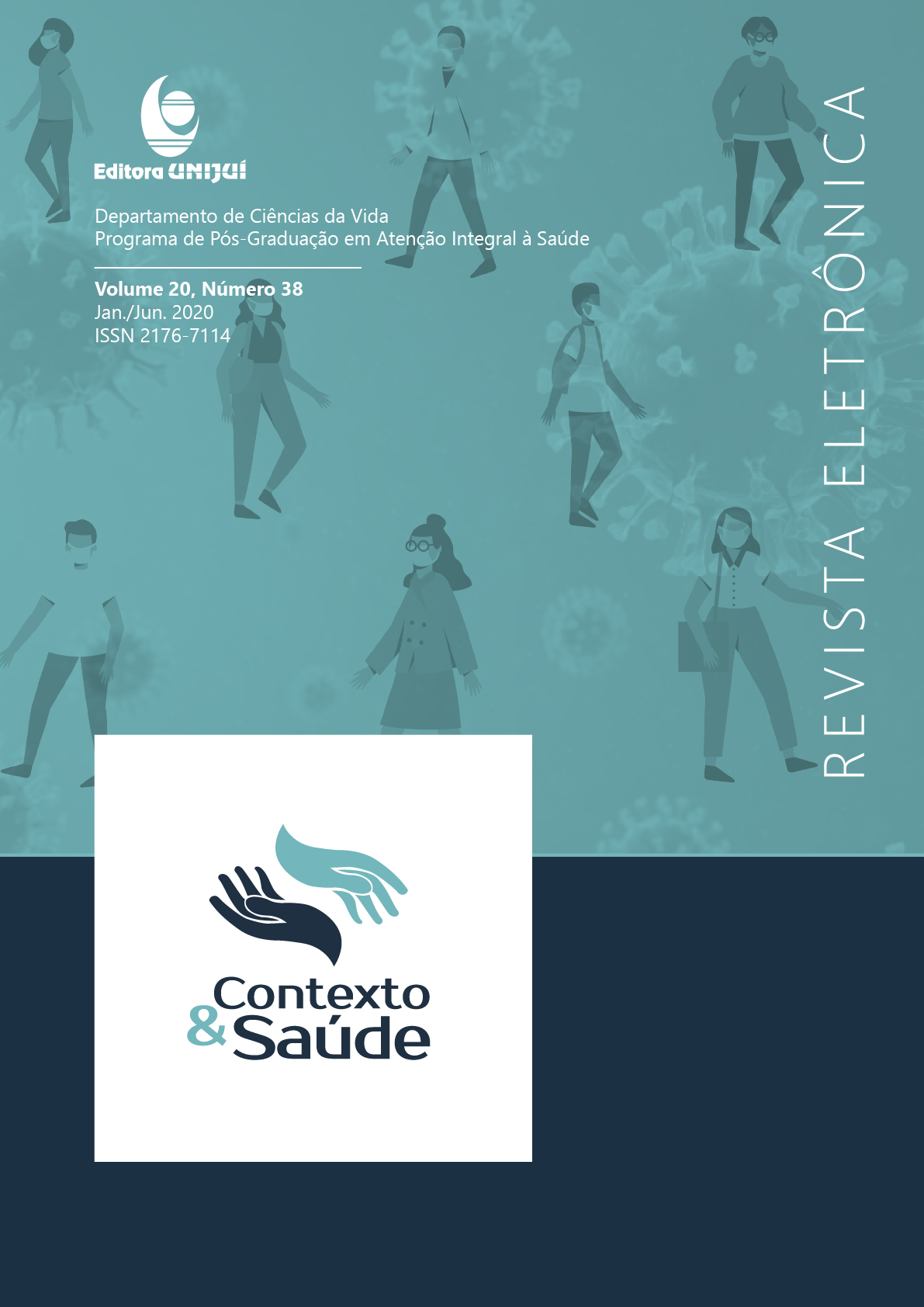ADHERENCE, ADVERSE DRUG REACTION AND EFFECTIVENESS OF THE HEPATITIS C CHRONIC TREATMENT
DOI:
https://doi.org/10.21527/2176-7114.2020.38.86-93Keywords:
Chronic hepatitis C; Direct-Acting Antiviral Agents; Medication Adherence; Pharmaceutical Care; Drug-Related Side Effects and Adverse ReactionsAbstract
Objective: To assess adherence, adverse drug reaction and Sustained Virological Response (SVR) in the therapy for hepatitis C. This follow-up retrospective observational study was conducted in a specialized center for hepatitis treatment in Southern Brazil. Methods: This research included 257 patients under hepatitis C treatment with all‐oral direct‐acting antivirals in a clinical setting from March to August 2016. The data was obtained from medical records. Adherence was measured by medicines refill and Medication Possession Ratio. Results: Of the 253 patients evaluated, 8,7% had some problem with adherence to the treatment. No cases of treatment discontinuation due to adverse drug reaction was observed. However, 1433 adverse drug reactions were identified and classified as mild, with an average of 5,6 per patient. The most frequent reactions were headache (55,7%), asthenia (47,3%), altered appetite (41,9%), dry skin (37,2%), and nausea/vomiting (35,9%). The overall SVR rate was 90,9%. Other outcomes were no response to treatment (2,0%), relapsed (2,0%), dead (0,4%), dropout (0,4%) and lost to follow-up (4,3%). In the multivariate analysis, hepatitis C virus and human immunodeficiency virus co-infection and longer treatment time were associated with higher SVR (p = 0,028 and p = 0,020, respectively). Conclusion: The treatments evaluated have high response rate and were well tolerated by the patients. Adherence to treatment proved to be adequate and contributed to the results. The care offered in a specialized center provides the appropriate management of the patients’ needs, contributing thus to a successful therapy.
Downloads
Published
How to Cite
Issue
Section
License
By publishing in Revista Contexto & Saúde, authors agree to the following terms:
The works are licensed under the Creative Commons Atribuição 4.0 Internacional (CC BY 4.0) license, which allows:
Share — to copy and redistribute the material in any medium or format;
Adapt — to remix, transform, and build upon the material for any purpose, including commercial.
These permissions are irrevocable, provided that the following terms are respected:
Attribution — authors must be properly credited, with a link to the license and indication of any changes made.
No additional restrictions — no legal or technological measures may be applied that restrict the use permitted by the license.
Notes:
The license does not apply to elements in the public domain or covered by legal exceptions.
The license does not grant all rights necessary for specific uses (e.g., image rights, privacy, or moral rights).
The journal is not responsible for opinions expressed in the articles, which are the sole responsibility of the authors. The Editor, with the support of the Editorial Board, reserves the right to suggest or request modifications when necessary.
Only original scientific articles presenting research results of interest that have not been published or simultaneously submitted to another journal with the same objective will be accepted.
Mentions of trademarks or specific products are intended solely for identification purposes, without any promotional association by the authors or the journal.
License Agreement (for articles published from September 2025): Authors retain copyright over their article and grant Revista Contexto & Saúde the right of first publication.

